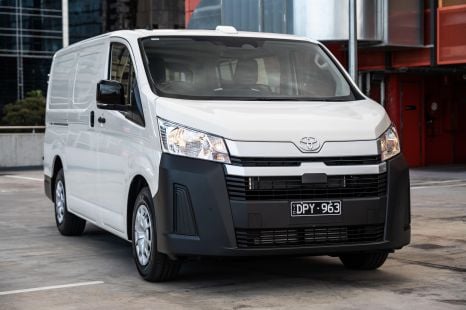

Max Davies
2026 Toyota HiAce review
5 Hours Ago
Volkswagen has confirmed timelines for when it'll start phasing out the sale of new internal combustion engine vehicles, though we're likely to be one of the last markets to do so.

News Editor
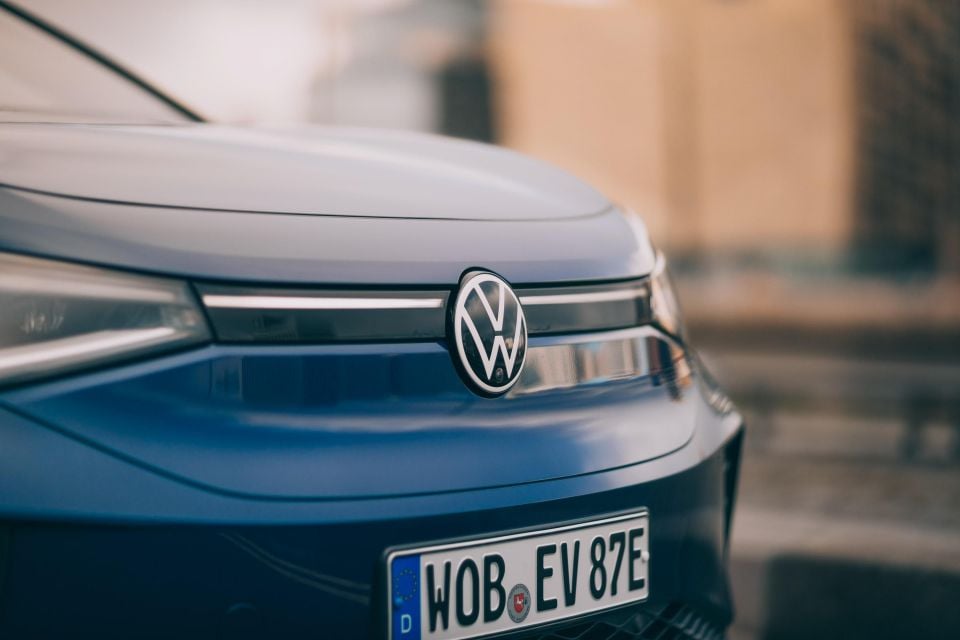

News Editor
The Volkswagen brand will do a staggered phase-out of its internal combustion engine vehicles.
The company’s sales director, Klaus Zellmer, told the Muenchner Merkur newspaper it’ll end sales of internal combustion engine (ICE) vehicles in Europe between 2033 and 2035.
He said ICE sales would end in the US and China “somewhat later”.
Zellmer also specified a third tier of markets, citing only South America and Africa specifically, as taking “a good bit longer” due to “the lack of political and infrastructural framework conditions”.
Though Zellmer didn’t specify where Australia sits, a Volkswagen Group Australia spokesperson said we effectively fit into the third tier.
“Not only are conditions ill-suited to providing Australians a choice between EVs and conventional vehicles, a choice increasingly available in the automotive first world, there is increasing hostility in certain parts of the national media towards the proposition that Australians should have that choice,” said the spokesperson.
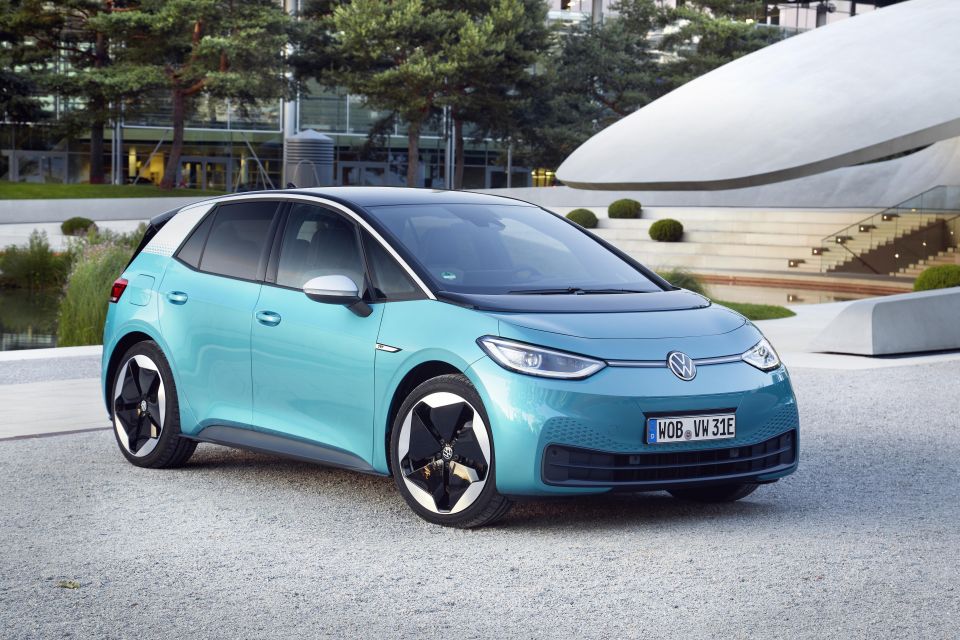
Volkswagen Group Australia has praised the New South Wales’ recently announced EV strategy but panned Victoria’s road user charge, which it calls a “cash grab that actively discriminates against owners of plug-in hybrids while letting off 1990s hybrids that run on high-sulphur petrol”.
The Volkswagen brand’s Accelerate strategy, announced in March 2021, includes plans for 70 per cent of all its European sales to be all-electric vehicles by 2030.
The brand also plans for its entire global fleet to be CO2 neutral by 2050.
The European Union is set to release its latest CO2 emissions standards on July 14, 2021.
These are expected to call for a reduction in overall carbon emissions by 55 per cent by 2030, up from the current 40 per cent target.
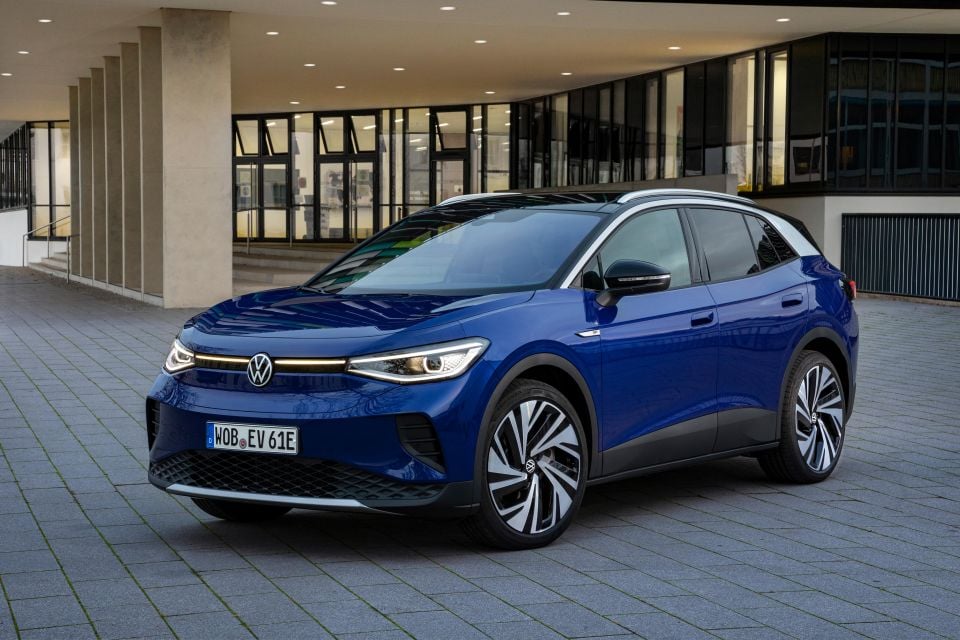
Automotive News Europe reports the European Commission is currently discussing a series of proposals, one of which is a 60 per cent cut in emissions by 2030 and then a 100 per cent cut by 2035.
That would make it essentially impossible to sell new internal combustion engine vehicles in Europe after 2035.
Another brand in the Volkswagen Group stable, Audi, confirmed plans earlier this week to phase out ICE sales by 2033.
There was one significant caveat attached to that, however, with Audi saying it “expects to see continued demand [for cars with ICE] in China beyond 2033, which is why there could be a supply of vehicles there with combustion engines manufactured locally”.
While Audi has begun selling electric vehicles in Australia, the Volkswagen brand has yet to offer one.
With markets like Europe with strict CO2 standards being a priority, the introduction of the ID.3 and ID.4 has been pushed back to late 2023.
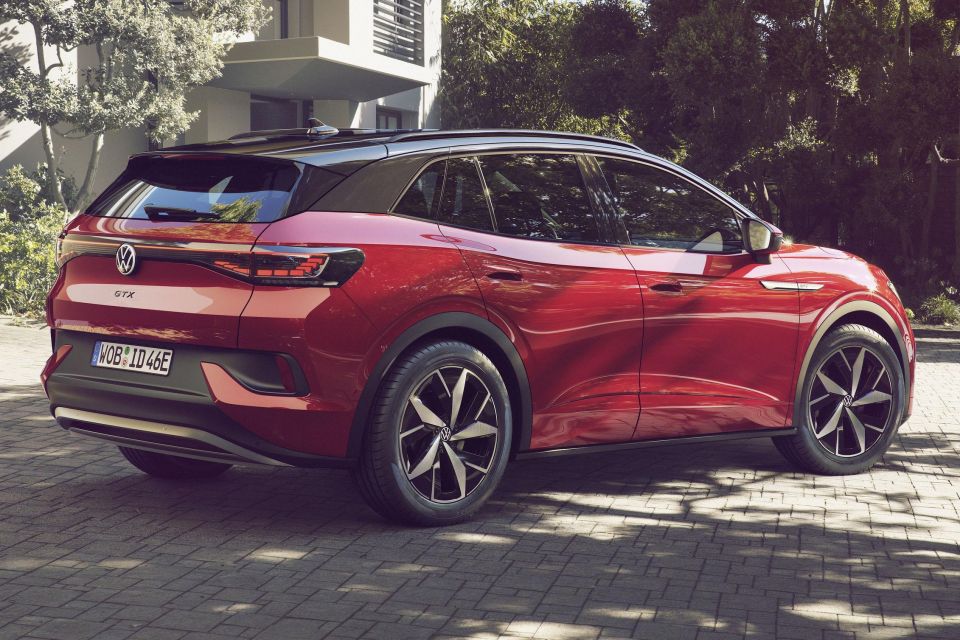
VGA has criticised the patchwork nature of electric vehicle legislation in Australia and the lack of a clear direction by the Federal Government.
It has slammed the Victorian Government for its recently introduced road usage charge, where owners of all-electric vehicles will pay 2.5 cents per kilometre and owners of plug-in hybrid vehicles will pay 2.0 cents per kilometre.
That means PHEV owners will be required to pay both a road usage charge and the fuel excise.
The government has, however, announced $3000 subsidies for purchases of EVs under $69,000.
New South Wales will also offer $3000 subsidies for EVs under $68,750 after September 1, 2021, but it has deferred a road usage charge for EV owners to 2027 and announced it’s waiving stamp duty on all EVs under $78,000 before then.
Where expert car reviews meet expert car buying – CarExpert gives you trusted advice, personalised service and real savings on your next new car.
William Stopford is an automotive journalist with a passion for mainstream cars, automotive history and overseas auto markets.


Max Davies
5 Hours Ago
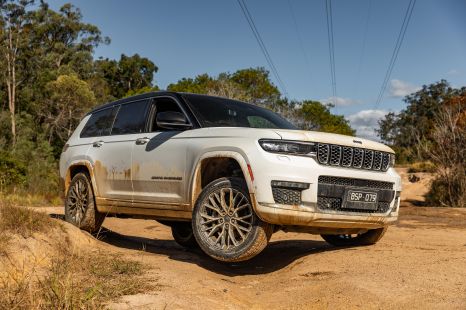

William Stopford
21 Hours Ago
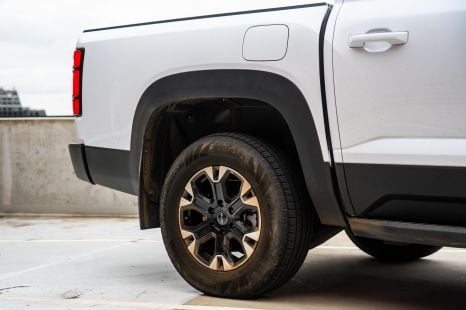

Ben Zachariah
22 Hours Ago
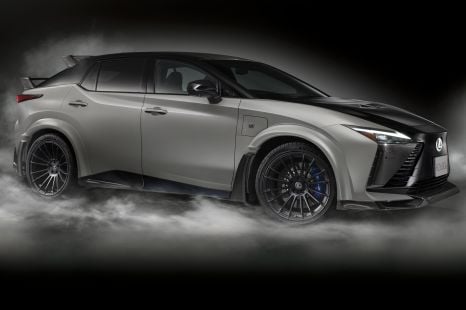

Derek Fung
23 Hours Ago
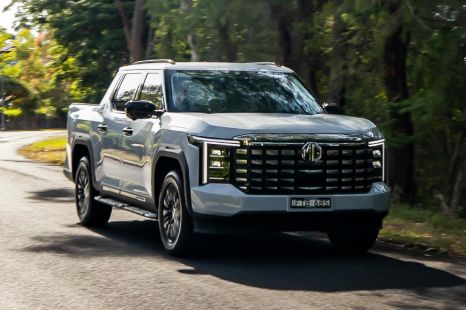

Matt Campbell
1 Day Ago
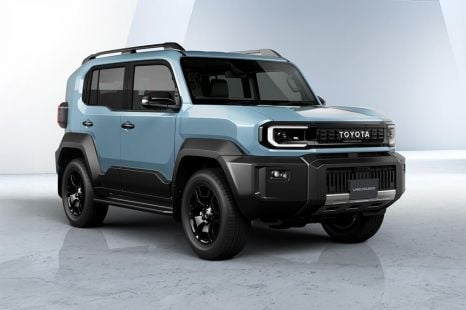

William Stopford
2 Days Ago